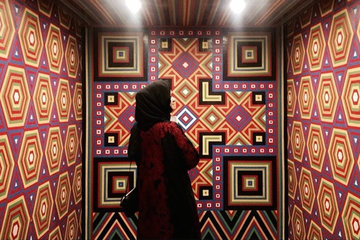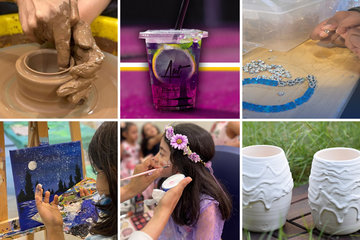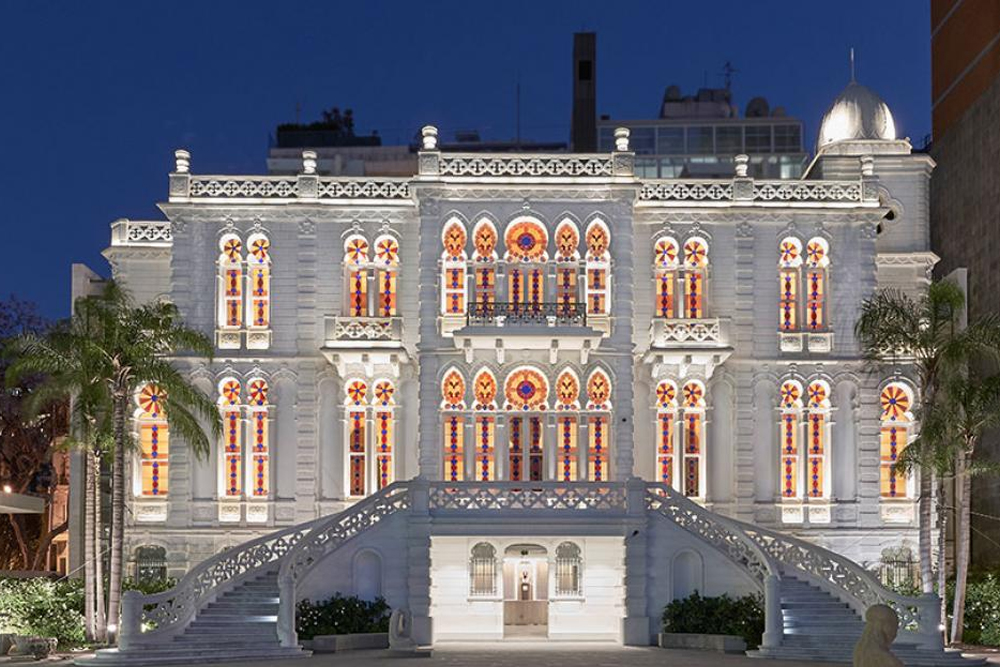
Nearly three years ago, the Nicolas Ibrahim Sursock Museum in Beirut suffered extensive damage when thousands of tons of ammonium nitrate exploded at the city's port on August 4, 2020. The blast destroyed parts of the early-20th-century townhouse, damaged artworks, and forced the museum to shut down. Now, after a lengthy reconstruction process and funding from international organizations, the museum is set to reopen on May 26.
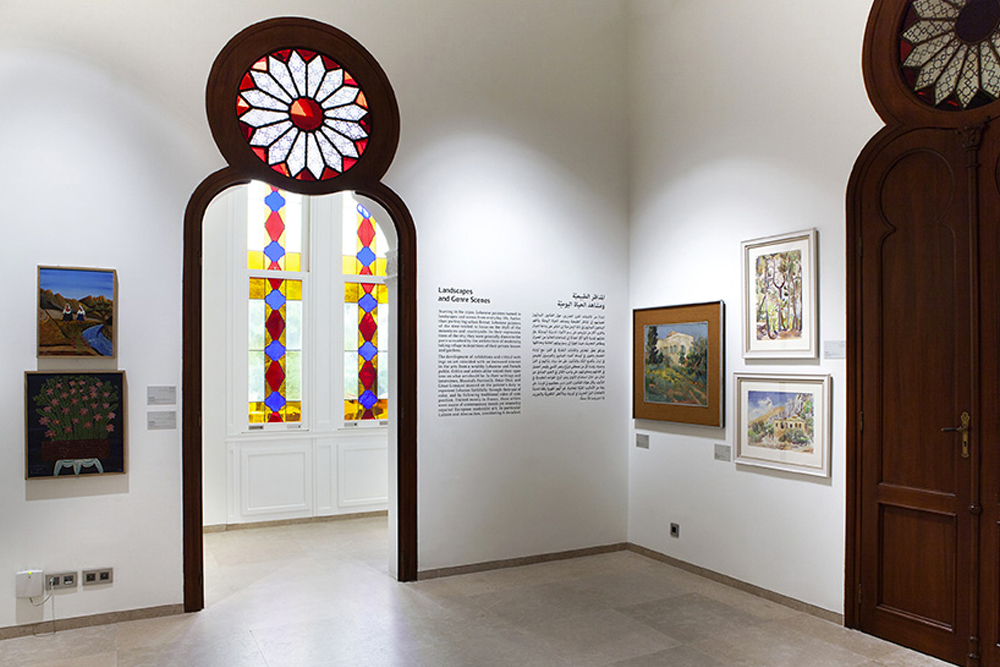
Karina El-Helou, who was appointed as the museum's director six months ago, stated that "Despite the ongoing crisis the country is facing, it is important to celebrate the museum and the work that has been done for it to reopen." She stressed that, since Lebanon's economy continues to crumble, the reopening is also about honoring the individuals who stayed and worked on the museum over the previous several years.
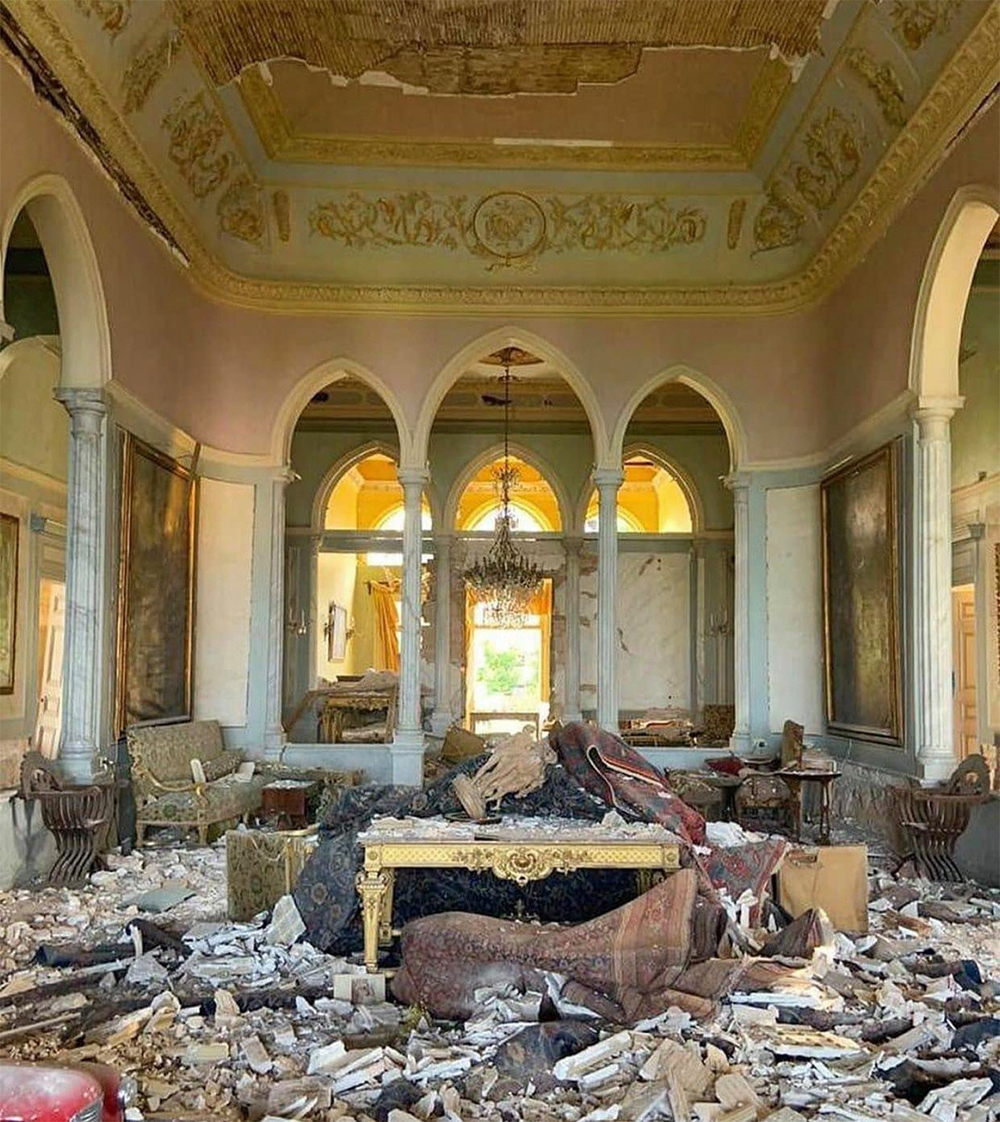
The museum has been closed since the blast, although some events, such art festivals and artist discussions, have resumed while it was being rebuilt. The reopening is a magnificent achievement that represents the city's tenacity and faith in the value of art and culture despite extreme adversity.
The restoration process included replacing all windows, repairing all doors, elevators, drop ceilings, and skylights, repairing and cleaning the electro-mechanical system, and restoring the traditional wooden panels on the museum's historical floor. The museum raised a total of $2,376,751 since the blast, with the International Alliance for the Protection of Heritage in Conflict Areas and the French Ministry of Culture providing half a million dollars each, while Agenzia Italiana Per la Cooperazione allo Sviluppo (AICS) in partnership with UNESCO-Li Beirut provided $1 million.
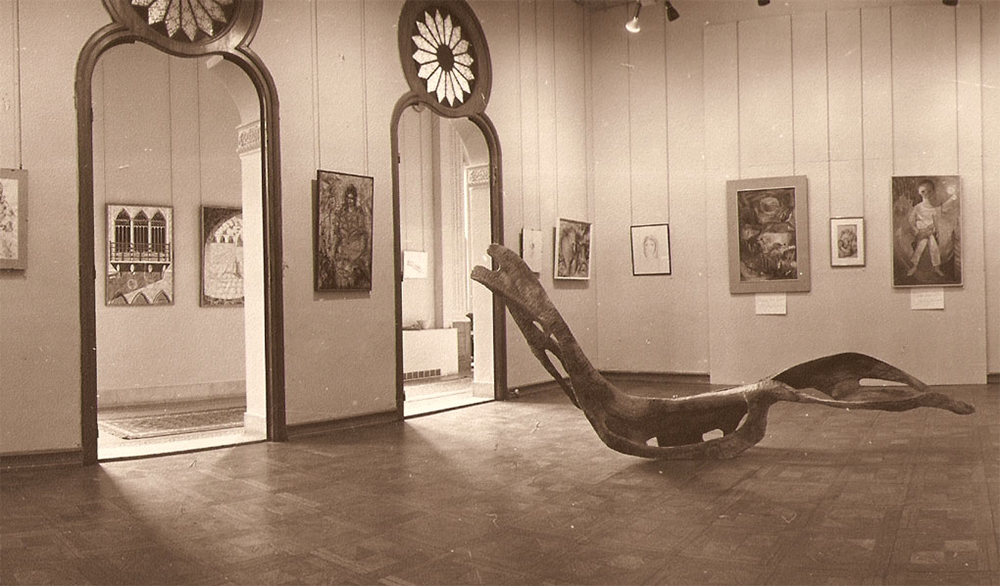
Around 50 artworks were also restored, including two paintings restored by the team at the Centre Pompidou in Paris. An impressive schedule of five shows will be featured when the museum reopens, including "Je Suis Inculte! The Salon d'Automne and the National Canon." It examines the history of the annual Salon d'Automne in Beirut, which was judged, beginning with the museum's opening in 1961. "Beyond Ruptures: A Tentative Chronology." Via the creations of eminent Lebanese painters like Akram Zaatari, Aref El-Rayess, Jean Khalife, and Shaffic Abboud, the museum will explore three periods of its history and local sociopolitical events. "Earthy Praxis," a collection of modern artworks focusing on land ownership and appropriation in Lebanon; video installation "Ejecta: Zad Moultaka," and "Beirut Recollections," a picture exhibition including images from the Fouad Debbas collection and the Paris-based tech event firm Iconem, which seeks to address the loss of cultural heritage throughout the world.

El-Helou stressed that the museum represents the memory of Beirut and more, the memory of a city and a country.


